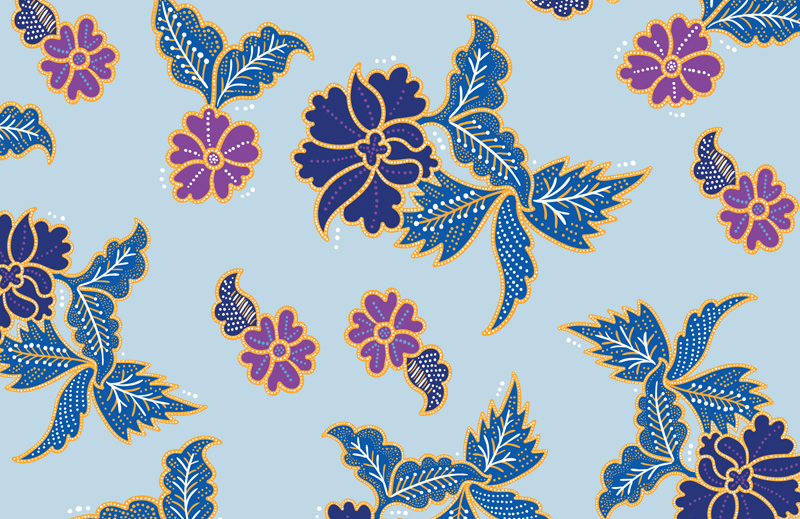The ruling by the Terengganu state government requiring Muslim women to wear the tudung does not come as a surprise to Sisters in Islam. Like PAS in Kelantan, the Talibans in Afghanistan, the hard-line conservative clerics who rule Iran, Islamic parties that come into power always pick on the regulation and control of women’s dress and public life as its first policy decision to prove its Islamic credentials. It is always easier to impose laws and regulations and maintain control over those most disempowered in society.
While the Terengganu state government saw it fit to dialogue with the Chinese community and move with caution in imposing the kharaj tax which it deemed a part of Islamic governance, it sees no obligation to dialogue with women’s groups to introduce a new law to regulate women’s dress. In the name of Islam, it claims a monopoly of knowledge and power to impose its interpretation on those silenced and powerless in society.
Sisters in Islam takes the position that the state should not use force in its desire to see women covered up. Religion depends on faith and will. Imposing laws and regulations on dressing does not necessarily lead to more piety among the believers, but instead commands compliance based on fear of the state and of Islam. This is not the right path to taqwa.
The Qur’an indicates that modesty arises out of our own God-consciousness and others cannot impose that God-consciousnes by enforcing or coercing women to wear the tudung or remove the tudung.
The Qur’an does not clearly impose any specific form of dress. The verses on dress and modesty in the Qur’an, examined within the socio-historical context of their revelation, extol moderation and self-restraint, shun wanton display and enjoin respect for women as a sign of God-consciousness. (see Sisters in Islam letter to the editor: NST and Utusan Malaysia Aug 9, 1997)
